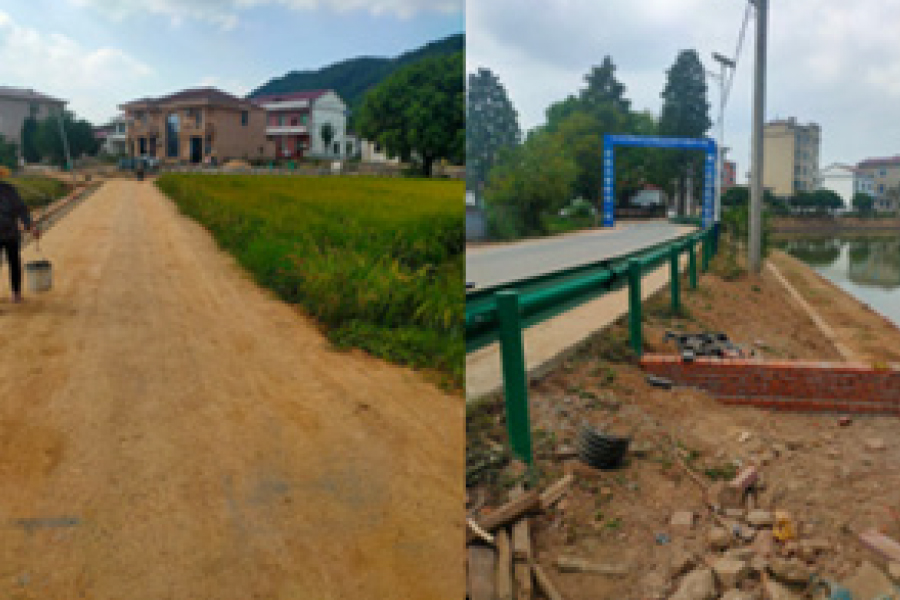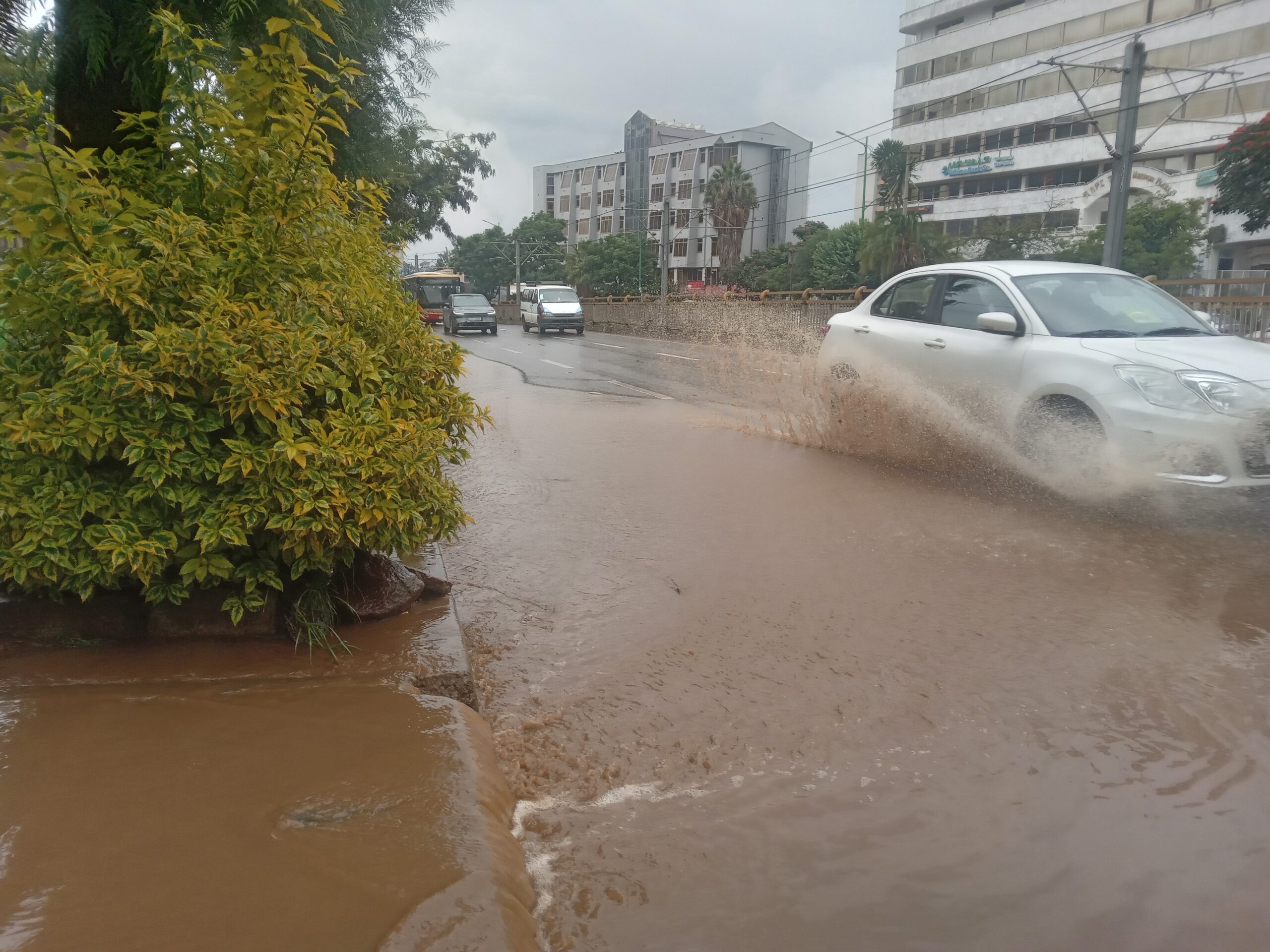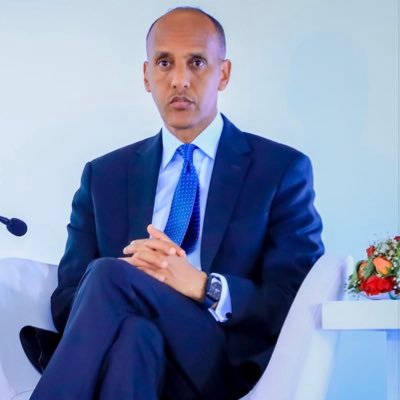The Rise of Rural Modernization
Introduction
China’s rural landscape is undergoing a dramatic transformation as villages evolve into modern urban centers. Once known for their traditional farming communities, many villages are now equipped with advanced infrastructure, clean water systems, and improved sanitation services. Government-led initiatives, coupled with private investments, are driving this rapid urbanization, creating new economic opportunities and reshaping rural life. Factories, businesses, and recreational facilities are emerging, offering jobs and boosting local economies. While these developments improve living standards, they also bring challenges, such as cultural shifts and rising costs of living. This transformation signals China’s commitment to bridging the urban-rural gap, ensuring that even its most remote areas benefit from modernization. For decades, rural China remained largely agricultural, with villages relying on farming as their primary source of income. Limited infrastructure, poor sanitation, and inadequate access to clean water were common challenges in these areas. However, in recent years, the Chinese government has launched ambitious rural revitalization programs aimed at modernizing villages and improving the quality of life for residents. Investments in infrastructure, education, and healthcare have played a crucial role in bridging the gap between urban and rural areas. Today, villages are transforming into small urban hubs, equipped with better roads, modern housing, and new economic opportunities, marking a significant shift in China’s approach to rural development.
2. Rural Transformation
2.1.Infrastructure Development:
Building the Foundation for Growth During my visit to the 2024 Sanjiang Town Yuanxi Village Houxu Common Prosperity Model Village Project, I witnessed firsthand how modern infrastructure is reshaping rural life. Newly paved roads now connect villages to nearby towns, boosting trade and making transportation easier. Modern residential buildings have replaced traditional homes, offering improved living conditions with access to electricity, clean water, and sanitation facilities. Additionally, public spaces such as parks and community centers have been established, fostering social interactions and enhancing the quality of life. The introduction of clean water services and waste management systems has significantly improved public health, reducing the prevalence of waterborne diseases and pollution. These developments set the stage for sustainable economic growth and social stability in rural China.
2.2 Economic Empowerment:From Agriculture to Industry
Rural urbanization in China is not just about infrastructure; it is also about economic empowerment. The villages I visited had introduced multiple income-generating projects that created local employment opportunities. Small factories and production workshops have been established, reducing the need for villagers to migrate to cities for work. In addition, modern agricultural techniques, such as smart farming and high-yield crop cultivation, have increased productivity and profitability for farmers. These advancements have transformed villages into self-sustaining economic hubs, ensuring long-term prosperity for residents.
2.3 Tourism and Cultural Preservation: A New Economic Driver
and tourism-friendly infrastructure. The project includes the construction of visitor-friendly facilities and the promotion of eco-tourism and cultural heritage sites. By integrating tourism Another key aspect of China’s rural transformation is the promotion of tourism as an economic driver. In Anyi countryside, I observed a government-led initiative focused on developing recreational activities into rural development, villages are diversifying their economies and attracting new sources of income. This strategy not only boosts local revenue but also preserves traditional cultures, ensuring that modernization does not erase historical and cultural heritage. Figure 5.Future tourism hubs are being designed to attract visitors while boosting local economies
2.4 Lessons for Ethiopia’s Rural Development
Ethiopia can draw several valuable lessons from China’s approach to rural urbanization. First, investing in infrastructure especially roads, clean water, and sanitation can significantly enhance living standards and economic productivity. Second, supporting small industries and modern agricultural practices can reduce migration to cities and create self-sufficient rural communities. Third, integrating tourism into rural development can diversify local economies and generate new revenue streams. By adopting a similar model, Ethiopia can bridge its urban-rural divide, foster economic growth, and improve the overall well-being of its rural population.
Conclusion
China’s rural transformation is a testament to the power of strategic government policies and investments in infrastructure, industry, and tourism. The rapid urbanization of villages like Sanjiang Town Yuanxi and Anyi countryside showcases how rural areas can become self-sufficient, economically vibrant, and sustainable. Ethiopia stands to gain from these lessons by adapting similar strategies to fit its own rural development agenda. By prioritizing infrastructure, economic empowerment, and tourism, Ethiopia can ensure a balanced development approach that uplifts its rural communities. As global examples like China demonstrate, the future of rural development lies in modernization, innovation, and inclusive economic growth.
By Tsegay Haftu Gebremeskel [2025/02/25]
Jiangxi Normal University, School of City Construction









 Loading your updates...
Loading your updates...